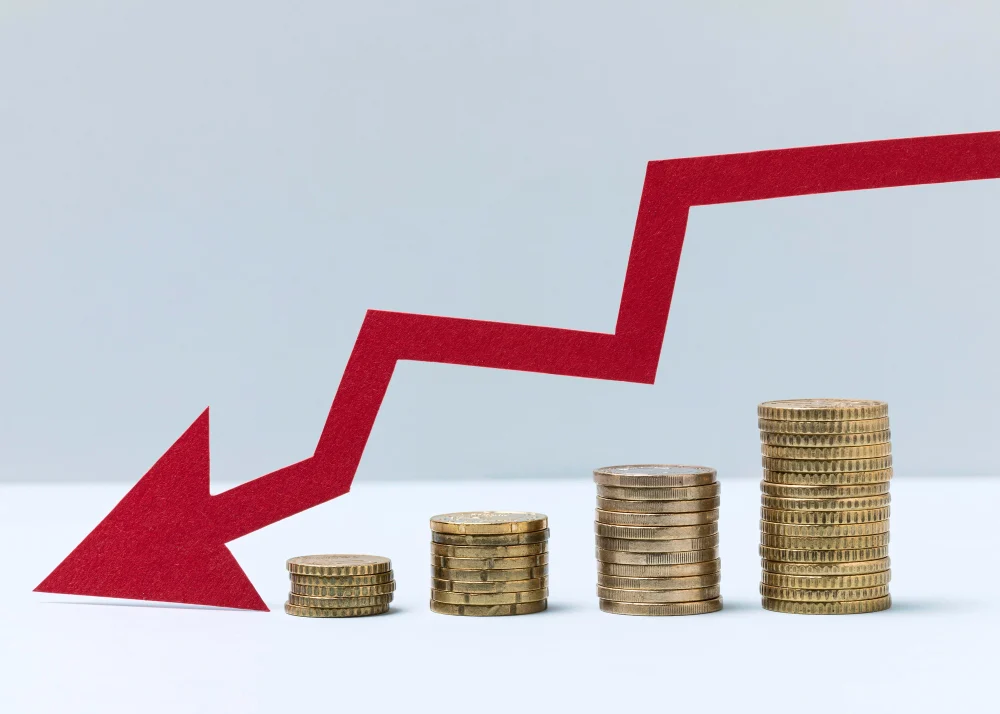Bangladesh’s inflation rate has fallen below 9% for the first time in 27 months, reaching its lowest point in 35 months, according to data released by the Bangladesh Bureau of Statistics (BBS) on Monday.
In June 2025, point-to-point inflation dropped to 8.48%, down from 9.05% in May. This is the lowest level recorded since July 2022, when inflation stood at 7.48%.
The decline was mainly driven by easing food prices. Food inflation fell sharply to 7.39% in June, compared to 8.59% in May. Non-food inflation also edged down slightly, to 9.37% from 9.42% the previous month.
While the downward trend in inflation has continued for four consecutive months, concerns remain over household purchasing power, as wage growth has lagged behind inflation for 41 straight months, diminishing real incomes and pushing many families into financial stress.
“This is welcome progress, but not yet relief for the poor,” said an economist, noting that essential spending is still being squeezed, particularly for fixed-income and informal sector workers.
The government had set a target of 6.5% average inflation for the fiscal year 2024–25, but BBS data show the actual average inflation over the past 12 months was 10.03%.
In a Facebook post earlier in the day, Chief Adviser’s Press Secretary Shafiqul Alam attributed the decline to the “well-thought-out policies of the interim government.” He noted that food inflation had fallen to a two-year low, and point-to-point inflation had dropped nearly 2 percentage points since August 2024.
Inflation had stayed above the 9% mark since March 2023, peaking at 11.66% in July 2024. Since then, the rate has gradually declined: 9.35% in March 2025, 9.17% in April, 9.05% in May, and now 8.48% in June.
Although the data point to some macroeconomic stability, experts warn that unless real wages are adjusted and targeted support is extended to vulnerable populations, the pressure on households will persist.


